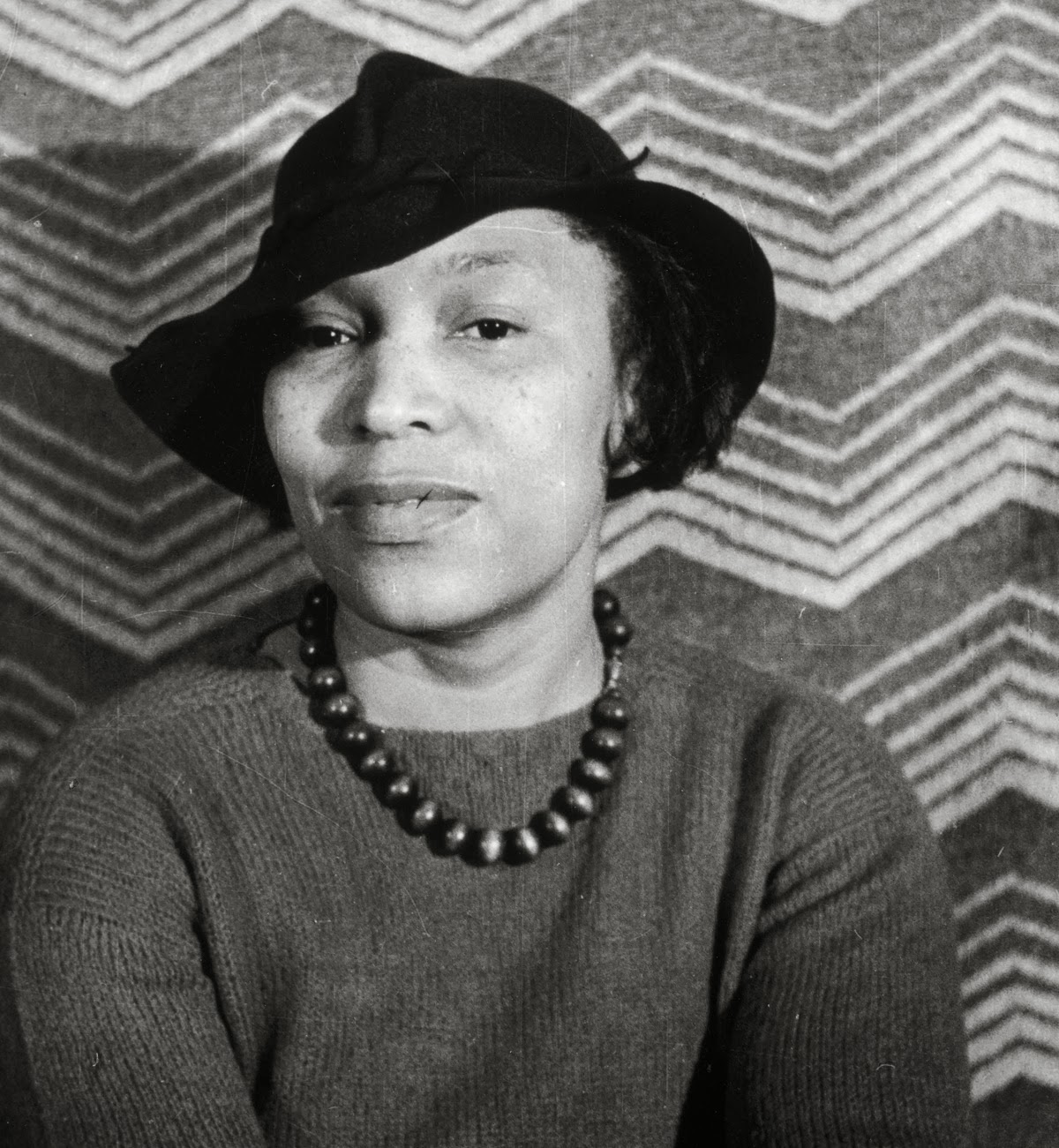Zora Neale Hurston: A Pioneer Of African American Literature
Zora Neale Hurston was a significant figure in American literature, especially known for her contributions to African American culture and the Harlem Renaissance. As an author, anthropologist, and folklorist, Hurston's work continues to resonate with audiences today, offering deep insights into the life and experiences of African Americans in the early 20th century. In this article, we will explore Hurston's life, her literary contributions, and her enduring legacy, providing a comprehensive understanding of her impact on literature and culture.
Born on January 7, 1891, in Notasulga, Alabama, Zora Neale Hurston grew up in Eatonville, Florida, one of the first all-Black towns in the United States. Her upbringing in this vibrant community profoundly influenced her writing, as she often drew inspiration from the rich oral traditions and cultural practices of her surroundings. Despite facing numerous challenges throughout her life, including poverty and discrimination, Hurston emerged as a powerful voice in literature, advocating for the celebration of African American culture.
This article will delve into various aspects of Hurston's life, including her early years, major works, and the themes that permeate her writing. Additionally, we will discuss her role within the Harlem Renaissance and her contributions to anthropology and folklore. By the end of this exploration, readers will gain a deeper appreciation for Zora Neale Hurston's work and the lasting impact she has had on American literature and culture.
Table of Contents
- 1. Biography of Zora Neale Hurston
- 2. Early Life and Education
- 3. Literary Career
- 4. Major Works
- 5. Themes and Styles
- 6. Anthropological Work
- 7. Legacy and Recognition
- 8. Conclusion
1. Biography of Zora Neale Hurston
Zora Neale Hurston was born to John Hurston and Lucy Potts Hurston. She experienced a tumultuous childhood, particularly after her mother's death when Hurston was nine years old. Her father remarried, and Hurston faced challenges in her home life that ultimately led her to leave for college. She attended Howard University, where she began her formal education in literature and anthropology.
Personal Data
| Date of Birth | January 7, 1891 |
|---|---|
| Place of Birth | Notasulga, Alabama, USA |
| Date of Death | January 28, 1960 |
| Occupation | Author, Anthropologist, Folklorist |
| Notable Works | Their Eyes Were Watching God, Mules and Men, Dust Tracks on a Road |
2. Early Life and Education
Growing up in Eatonville, Florida, Zora Neale Hurston was immersed in the rich cultural heritage of her community. She attended the local school and later moved to Jacksonville to continue her education. Her passion for literature blossomed during her high school years. In 1918, she enrolled at Howard University, where she further developed her writing skills and explored her interest in anthropology.
3. Literary Career
Hurston's literary career began in the 1920s when she became involved in the Harlem Renaissance, a cultural movement celebrating African American art and literature. She published her first short story in 1921, and her first novel, "Jonah's Gourd Vine," was released in 1934. Hurston's unique voice and perspective set her apart from her contemporaries, as she often focused on the experiences of rural African Americans.
4. Major Works
Among her most notable works, "Their Eyes Were Watching God" (1937) stands out as a landmark novel in African American literature. The book tells the story of Janie Crawford, a woman searching for her identity and voice in the face of societal expectations. Other significant works include:
- Jonah's Gourd Vine: A semi-autobiographical novel about a preacher's struggles.
- Mules and Men: A collection of African American folklore and stories.
- Dust Tracks on a Road: An autobiography detailing her life and experiences.
5. Themes and Styles
Hurston's writing is characterized by its rich use of dialect, vibrant imagery, and deep exploration of themes such as race, gender, and identity. Her work often highlights the strength and resilience of African American women, challenging prevailing stereotypes and celebrating their experiences.
6. Anthropological Work
In addition to her literary contributions, Hurston was an accomplished anthropologist. She conducted fieldwork in the South and the Caribbean, documenting African American folklore and cultural practices. Her anthropological research informed her writing and provided a crucial link between her literary and academic pursuits.
7. Legacy and Recognition
Although Zora Neale Hurston faced significant challenges during her lifetime, her work has experienced a resurgence in popularity since the late 20th century. Today, she is celebrated as a seminal figure in American literature, and her contributions to African American culture are widely recognized. Various awards, scholarships, and literary organizations have been established in her honor, ensuring that her legacy endures.
8. Conclusion
Zora Neale Hurston's life and work continue to inspire generations of readers and writers. Her unique perspective on the African American experience, combined with her dedication to preserving cultural heritage, has solidified her place as a pioneering figure in literature. As we reflect on her legacy, let us celebrate the richness of her contributions and encourage further exploration of her works. Readers are invited to share their thoughts in the comments, and to explore more articles on related topics.
As we conclude our exploration of Zora Neale Hurston, we hope you find inspiration in her remarkable journey. We invite you to return to our site for more engaging content that celebrates the richness of literary history.
Next Bond: The Future Of The Iconic James Bond Franchise
What Does Hank Baskett Do Now? Exploring His Life And Career
Three Men And A Baby: A Heartwarming Comedy Of Fatherhood


:max_bytes(150000):strip_icc()/Getty_Zora_Neale_Hurston-576768841-56d9b5f83df78c5ba025eab7.jpg)